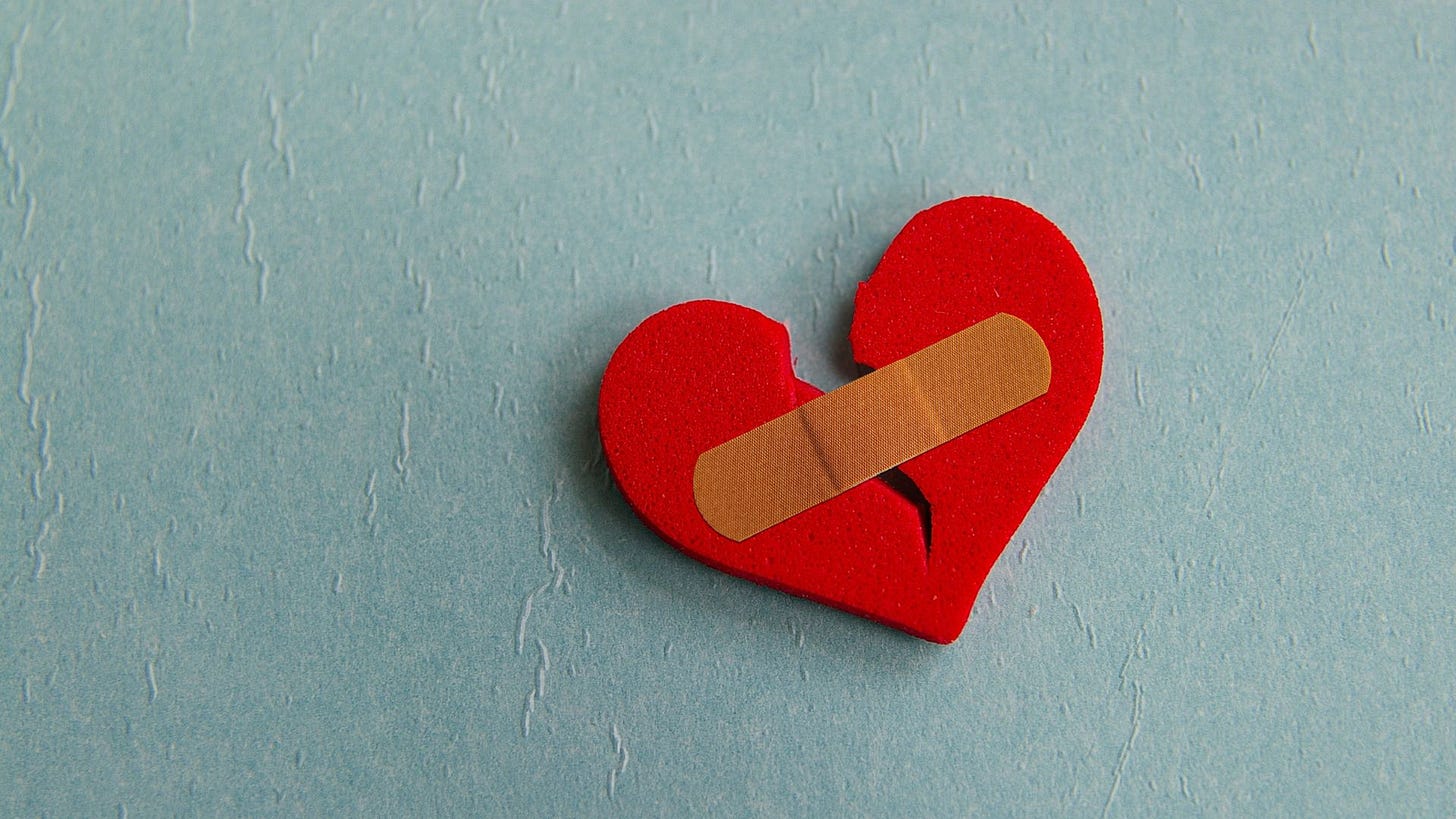Our subconscious mind thrives on familiarity and repetition. It’s a clever little autopilot system that learns patterns and habits to make our lives run smoother. Once the subconscious mind recognises something as familiar, whether it’s a daily routine, a thought pattern, an emotional response or a relationship, the subconscious mind begins to repeat it automatically, often without us even realising it.
This is because the subconscious is designed to keep us safe, feeling happy and working efficiently. When we experience something repeatedly, the brain assumes it must be important or beneficial for survival, which is why relationships, even unhealthy ones, can be hard to move on from.
If you’ve been in a toxic or unhappy relationship that became your "normal," your subconscious will keep pushing you toward the same or similar patterns, even if they’re not good for you, simply because they’re familiar.
Repetition strengthens neural pathways, making thoughts and behaviours feel like second nature. That’s why learning a skill, like driving or playing an instrument, gets easier with practice. But it also explains why negative self-talk or unhealthy emotional patterns can feel so deeply ingrained. The more something is repeated, the more the subconscious accepts it as default.
It's hardly surprising therefore, that change can feel uncomfortable at first. Stepping away from the familiar, whether it’s a routine, a relationship, or even just a way of thinking can feel like stepping into the unknown, and the unknown can be a scary place.
We are wired to seek comfort in familiarity. When a relationship ends or a loved one is gone, the sudden absence leaves a void that feels unnatural. We keep searching for whatever it was that felt safe and predictable, whether it’s through memories, habits, or even the hope that things might somehow improve or return to the way they once were.
It’s not just in our minds either. Our hearts get deeply attached to people and experiences too. When something or someone has played a big part of our lives, it shapes our daily routine, our emotions, and even the way we see ourselves. Losing that connection can feel like losing a part of who we are, and that can be challenging.
Love, attachment, and deep emotional bonds create strong pathways in our brains, and breaking those connections doesn’t happen overnight. Even when we know in our hearts that the time has come to move on, the pain of separation can trigger feelings of sadness, loneliness, guilt, fear or even anger. These emotions don’t just disappear because we want them to (wouldn’t that be nice) they take time to process.
Our sense of identity is often tied to our relationships and experiences. A breakup might make someone question their self-worth, a traumatic event can shake their sense of safety, the loss of a loved one can make life feel empty, leaving them without direction or a sense of purpose. The challenge isn’t just about letting go of a person or a past experience, it’s about working out how to move forward when life doesn’t look the same anymore.
It takes a great deal of courage to move on and to adapt to change. Healing takes time because our hearts and minds need to adjust to a new reality. It’s less about forgetting, and more about learning to live in a way that honours what we’ve lost while allowing ourselves to grow. The pain and discomfort gradually softens, and with time, new experiences and being kind to ourselves, we find ways to move on and to carry our memories without being weighed down by them.






